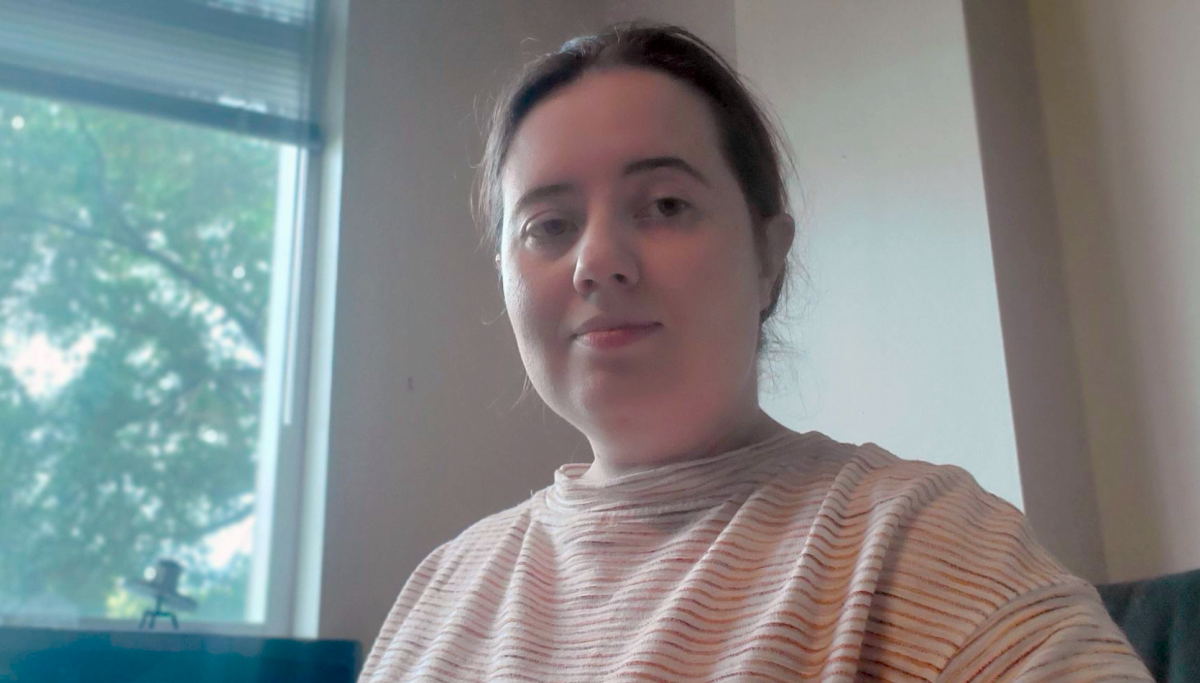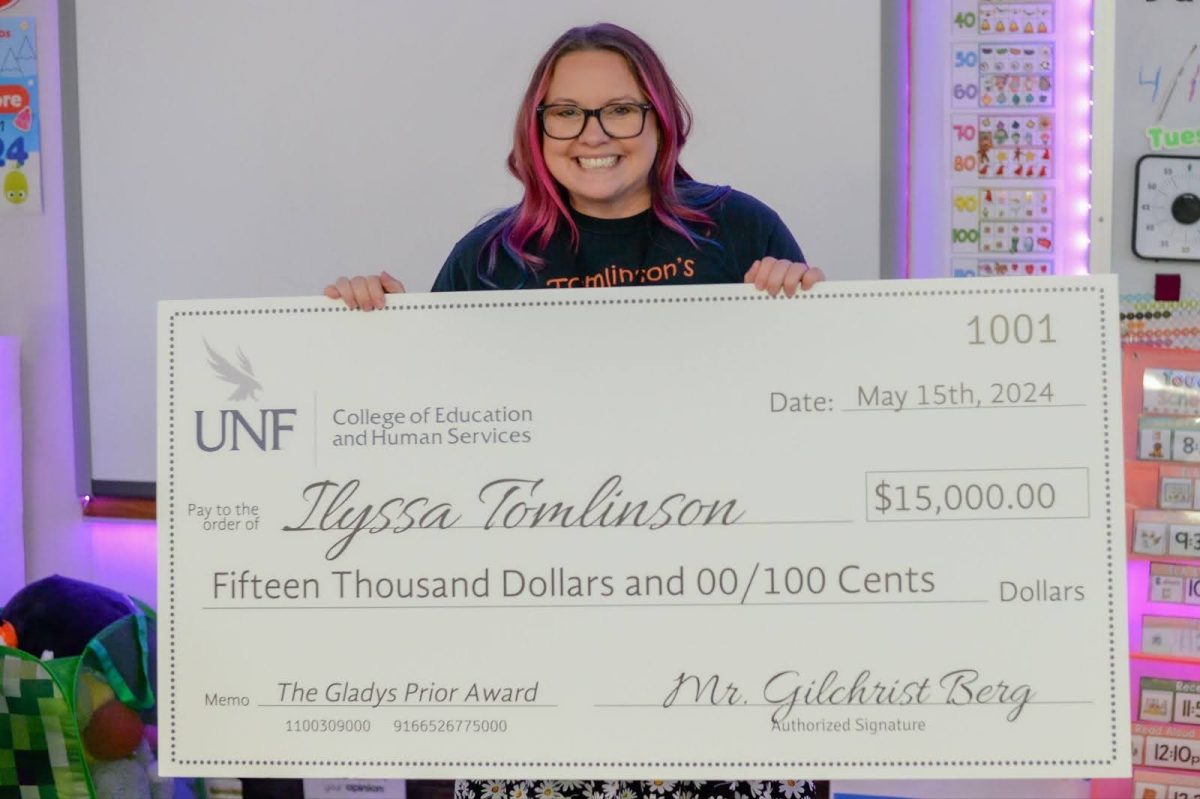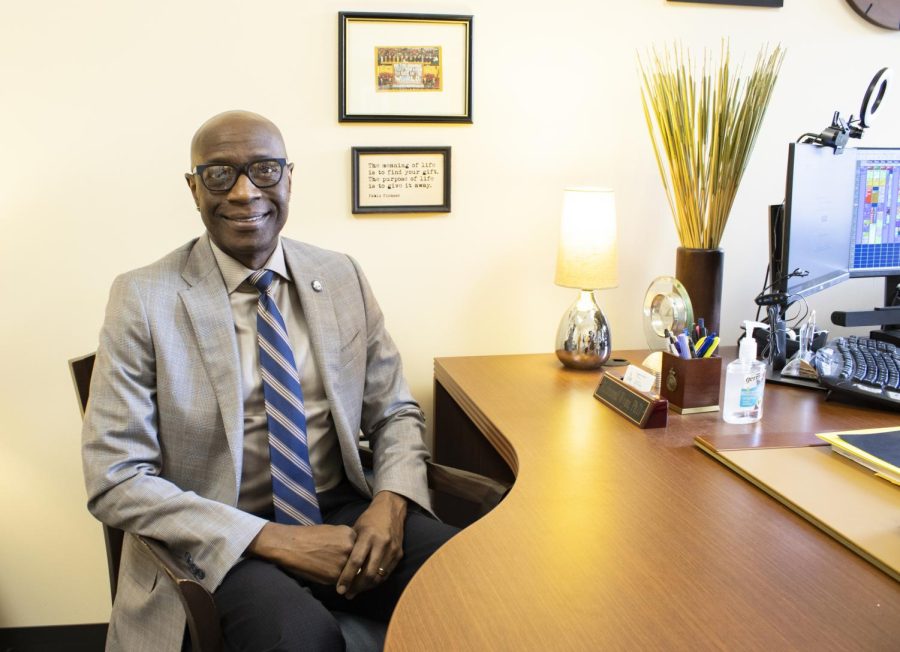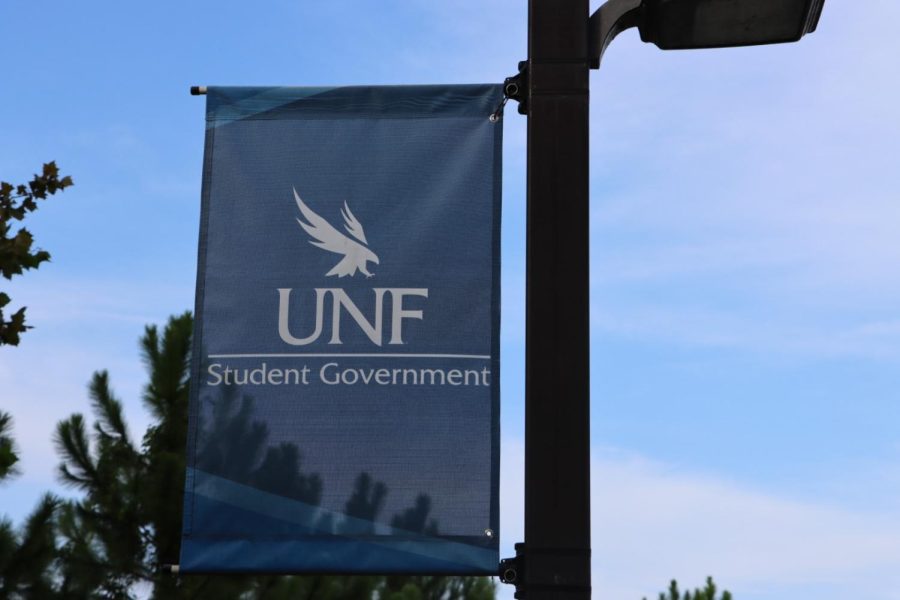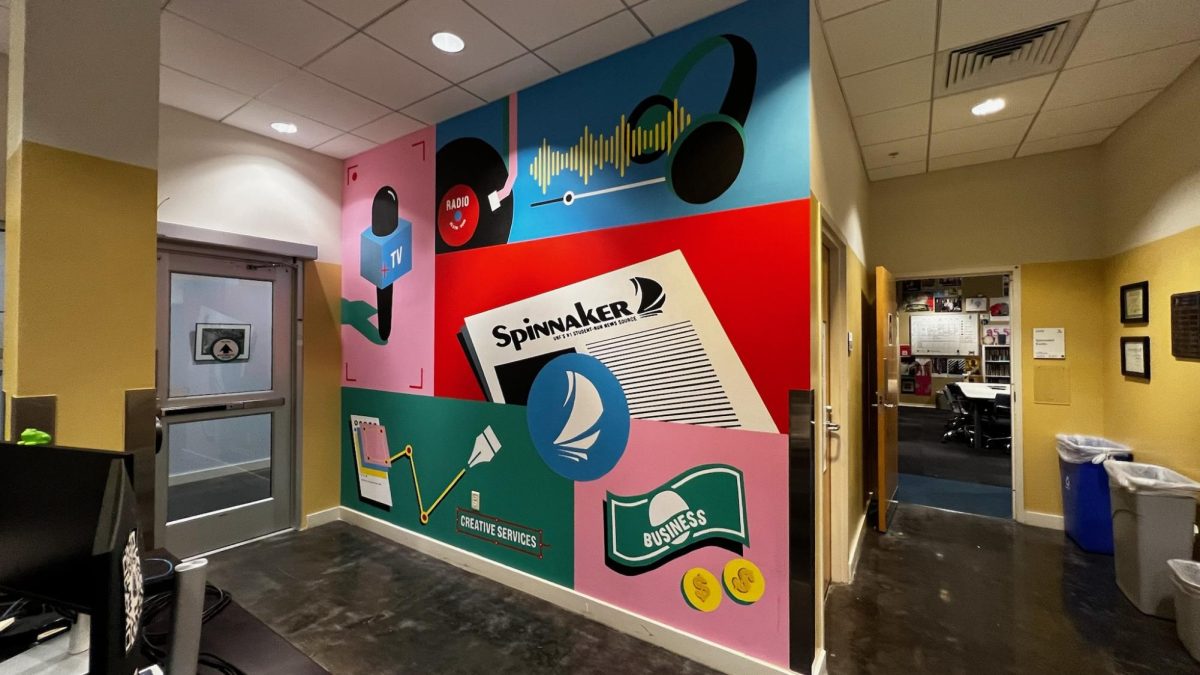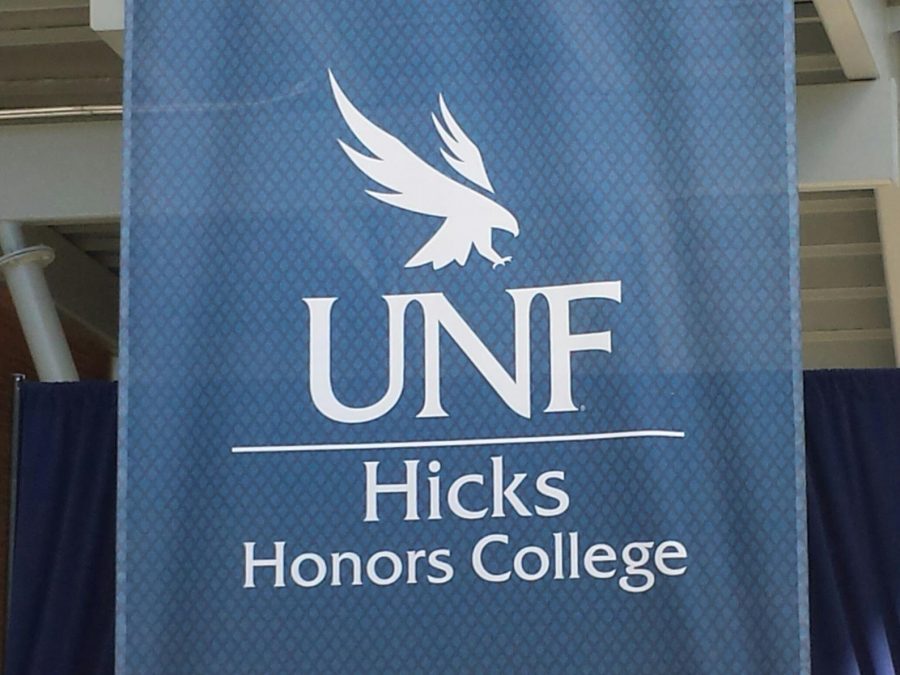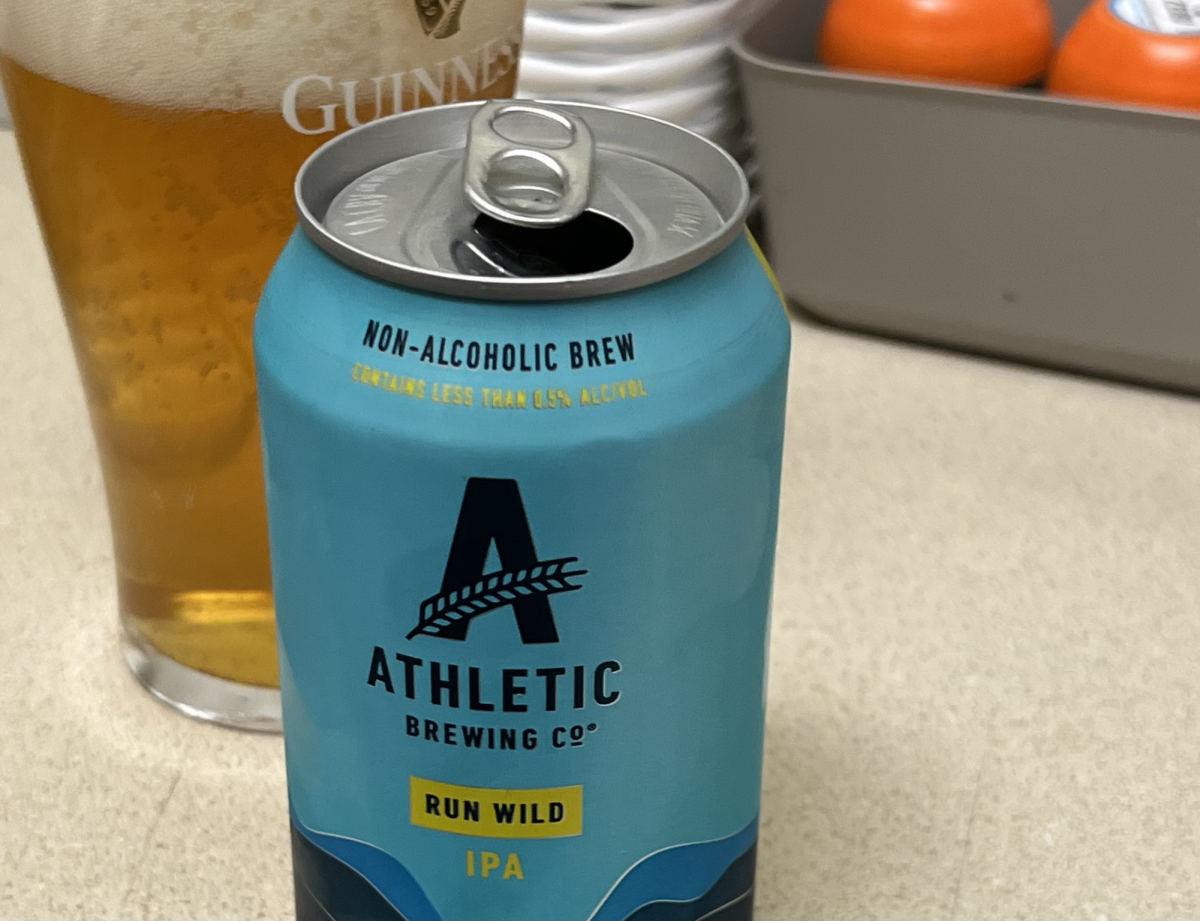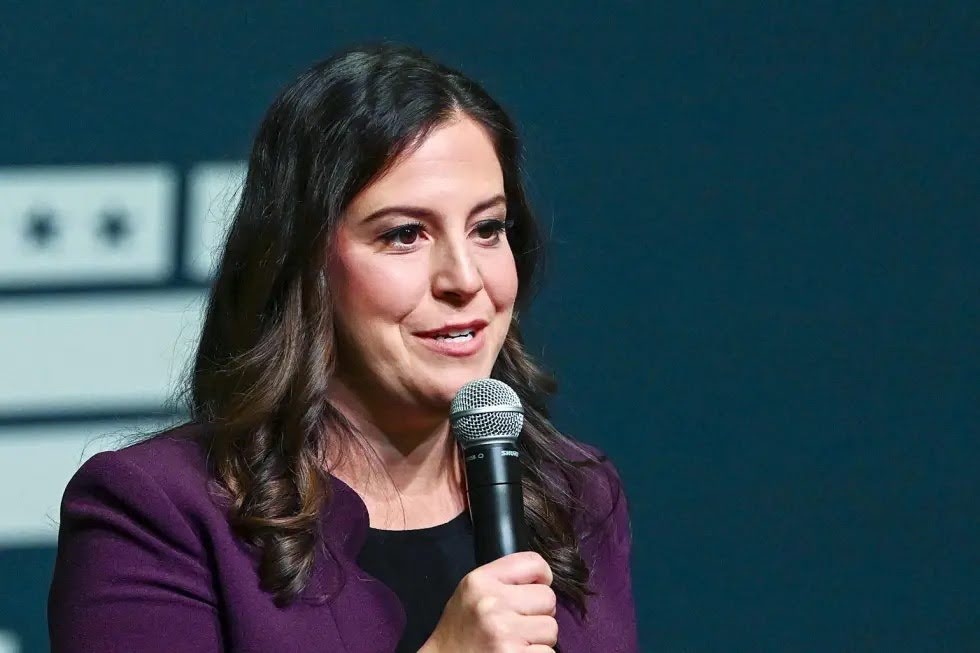The Stop Online Piracy Act (SOPA), has Internet users shaking in their desk chairs, but it has media conglomerates seeing dollar bills coming their way.
The bill, introduced by Rep. Lamar Smith (R-Tex.) and co-sponsored by representatives on both sides of the political spectrum Oct. 26, 2011, allows the U.S. Department of Justice or copyright owners to shut down websites on the suspicion of copyright infringement.
For example, if a YouTube user decides to upload an episode of South Park, just like the site’s early days, YouTube, not the user, would be given a court order for copyright infringement.
Additionally, the U.S. Attorney General could order Internet service providers to block access to youtube.com and force search engine providers such as Google to delete any link or reference to YouTube. A single episode of South Park would erase a website’s existence.
This means nobody would be able to visit Facebook or Google if they are suspected of violating the copyright law in any capacity. The bill would allow blatant internet censorship akin to what users in China have to contend with.
As of Jan. 9, 32 U.S. representatives have publicly supported SOPA, 18 have opposed the bill. That leaves 384 representatives who are undecided or have not publicly voiced their opinion.
Smith provided a list posted on the House Judiciary Committee website Dec. 22, 2011 of 142 organizations that support SOPA. As expected, both the Motion Picture Association of America and the Recording Industry Association of America support SOPA, hoping it will curtail the onslaught of online pirates illegally downloading box office hits such as Real Steel and the popular music album Take Care by Drake.
Comcast/NBC Universal, Viacom, CBS, the National Football League, Zuffa — the parent company of the Ultimate Fighting Championship, Marvel Entertainment and, quite oddly, school textbook publisher McGraw-Hill Education — are just some of the other organizations that support SOPA.
Human rights organizations such as the American Civil Liberties Union and the Electronic Frontier Foundation oppose SOPA, citing its potential to violate first amendment rights. Google, Facebook, Twitter, Reddit and the Wikimedia Foundation oppose the bill for similar reasons.
Some organizations, such as Nintendo and Go Daddy, now oppose SOPA after initially supporting it. The flip-flopper groups decided against the anti-piracy bill only after hearing their customers complain of the bill’s potential for censorship.
With the exception of human rights organizations, every organization and person invested in SOPA have monetary reasons for standing on their viewpoint. The MPAA and media conglomerates want more money because of perceived “lost revenue” from piracy. Google and Facebook would lose money from sources such as ad revenue if their sites get shut down for as much as a day. The typical Internet user, who may or may not admit to online piracy, would now have to pay for the latest movies and UFC pay-per-views.
Overall, SOPA would only benefit the Viacoms and Disneys of the world. And they are using Smith, who received thousands of dollars from TV, movie and music industry organizations for his 2012 campaign committee, as their expensive congress puppet, according to opensecrets.org.
Internet users have openly opposed the bill since its introduction to the House of Representatives. One website, americancensorship.org, encourages Internet users to write letters to their respective representatives and senators. The site also provides html code to censor a website’s logo with a black bar that says “stop censorship.” Internet forum users have censored their avatars in protest of the bill.
Writers of op-ed pieces from various newspapers and blogs have also expressed opposition to the bill. Rebecca MacKinnon said in a New York Times opinion article, “The potential for abuse of power through digital networks – upon which we as citizens now depend for nearly everything, including our politics – is one of the most insidious threats to democracy in the Internet age.”
Edward J. Black, president and CEO of the Computer and Communications Industry Association, said in a Huffington Post article that SOPA would do little to stop piracy websites. He said new ones would reappear hours after the old ones get shut down, as what happens now when the Immigration and Customs Enforcement division of the Department of Homeland Security shuts down file sharing websites.
Piracy is hard to kill.
Personally, I would not want this bill to be passed because it would destroy the greatest resource of information the human race has. Why should everybody lose access to Google’s search engine if one person decides to search for movie torrents?
This bill would violate our free society’s rights. We have a right to free speech, according to the first amendment. I would not want to live under a government that controls what its citizens can and cannot read on the Internet.
The bill is scheduled to be discussed and voted on during the next congress meeting later this month. Until then, enjoy the Internet as freely as possible.







